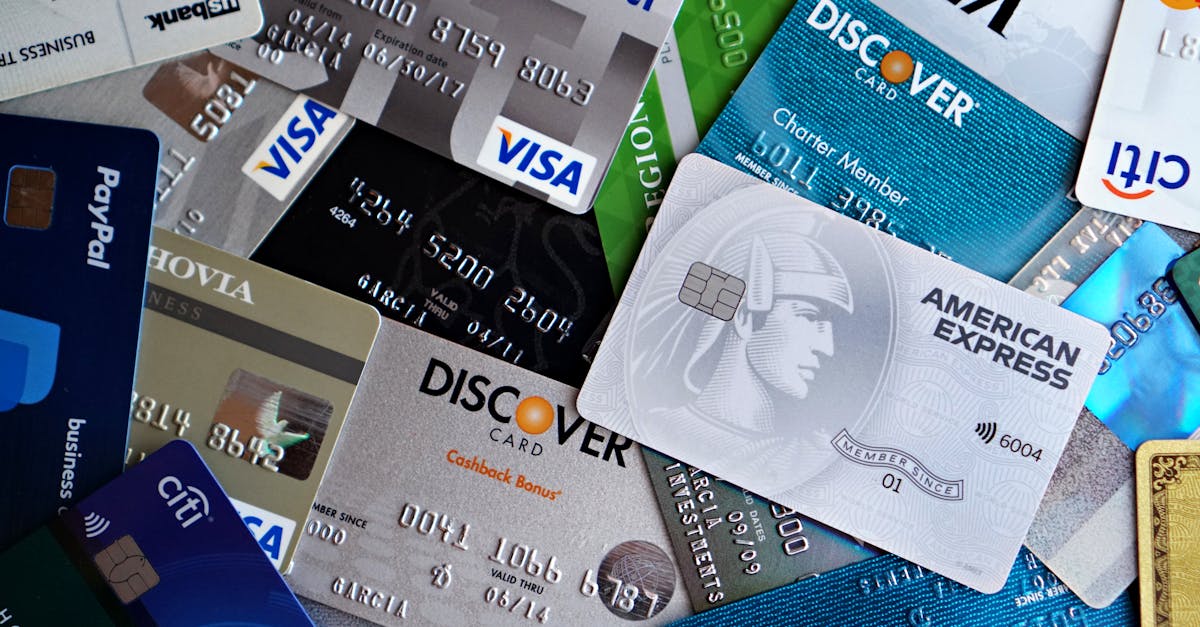How to Get a Business Credit Line: Essential Guide for Small Businesses

```html
Estimated Reading Time
8 minutes
Key Takeaways
- Business credit lines offer flexible financing for small business owners.
- Knowing whether a credit line is secured or unsecured is crucial.
- Proper preparation is key to obtaining a line of credit.
Table of Contents
- What Are Business Lines of Credit?
- Types of Business Lines of Credit
- How to Apply for a Business Line of Credit
- Qualifying for a Business Line of Credit
- Comparing Business Line of Credit Options
- Understanding Terms and Conditions
- Alternative Financing Options
- FAQ
What Are Business Lines of Credit?
A business line of credit works much the same way, revolving in nature, just like a credit card, but typically with higher limits and lower interest rates. Unlike a loan, which pays out the full amount and is repaid over time, a line of credit is available at all times for lenders to draw and pay back at will, up to a certain maximum amount.
Lines of credit can be secured or unsecured:
- Secured Business Line of Credit: Requires some collateral — for example accounts receivable or inventory — which often means higher credit limits and better interest rates.
- Unsecured Business Line of Credit: Requires strong credit, but does not require collateral; typically comes with lower spending limits and higher interest rates.
Types of Business Lines of Credit
- Small Business Line of Credit: Designed for established business owners with revenue history; you can generally secure a higher credit limit.
- New Business Credit Lines: A perfect fit for the startup company. New business credit lines may have stricter requirements and may require a personal guarantee because the business does not have a history of operation.
How to Apply for a Business Line of Credit
Step-by-Step Application Guide:
- Evaluate Business Needs: Consider the amount of credit you need.
- Check Credit Scores – Business and Personal: Both personal and business scores.
- Gather Your Documents: Get together bank statements, tax returns, and the like.
- Shop around for lenders: Research banks, credit unions and online lenders.
- Apply: Ensure all documents are received.
- Terms of Offer Review: Once it is approved, review the offer being made.
Qualifying for a Business Line of Credit
To be eligible, lenders will consider:
- Your personal credit scores (in most cases)
- Business history and track record
- Annual Revenue
- Industry risk and business stability
A stronger financial position means a greater likelihood of approval and more favorable credit terms. A comprehensive preparation strengthens your application.
Tips to Get Approved:
- Keep your credit in good shape by paying off debt on time
- Keep your financial records up to date and organized
- Limit outstanding liabilities
- Demonstrate a history of stable revenue patterns
Comparing Business Line of Credit Options
Compare options to uncover the best business credit line:
- Interest Rates: Fixed and variable rates
- Fees: Evaluate origination, annual, draw and late fees
- Repayment Terms: Determine lengthiness and leniency
- Credit Limits and Renewals: Review maximums and terms on augmenting limits
Understanding Terms and Conditions
Knowing these terms can help you make a smart decision:
- Draw Period: When funds are available to you.
- The Plan to Re-Pay: The length of time for repayment of the borrowed funds.
- APR (Annual Percentage Rate): Total borrowing cost expressed as an interest rate for a particular loan.
- Revolving Credit: Keep borrowing up to the credit limit.
Alternative Financing Options
Aside from business lines of credit, consider other options:
- Small Business Loans: For planned big-ticket expenses.
- Lines of Credit: Ideal for operational needs or unforeseen expenses.
- Fast Business Lines of Credit: Fast online solutions for emergency needs, but with higher rates frequently.
FAQ
- What credit score do you need for a business line of credit?
- Can I qualify for a business line of credit with a new business?
```



